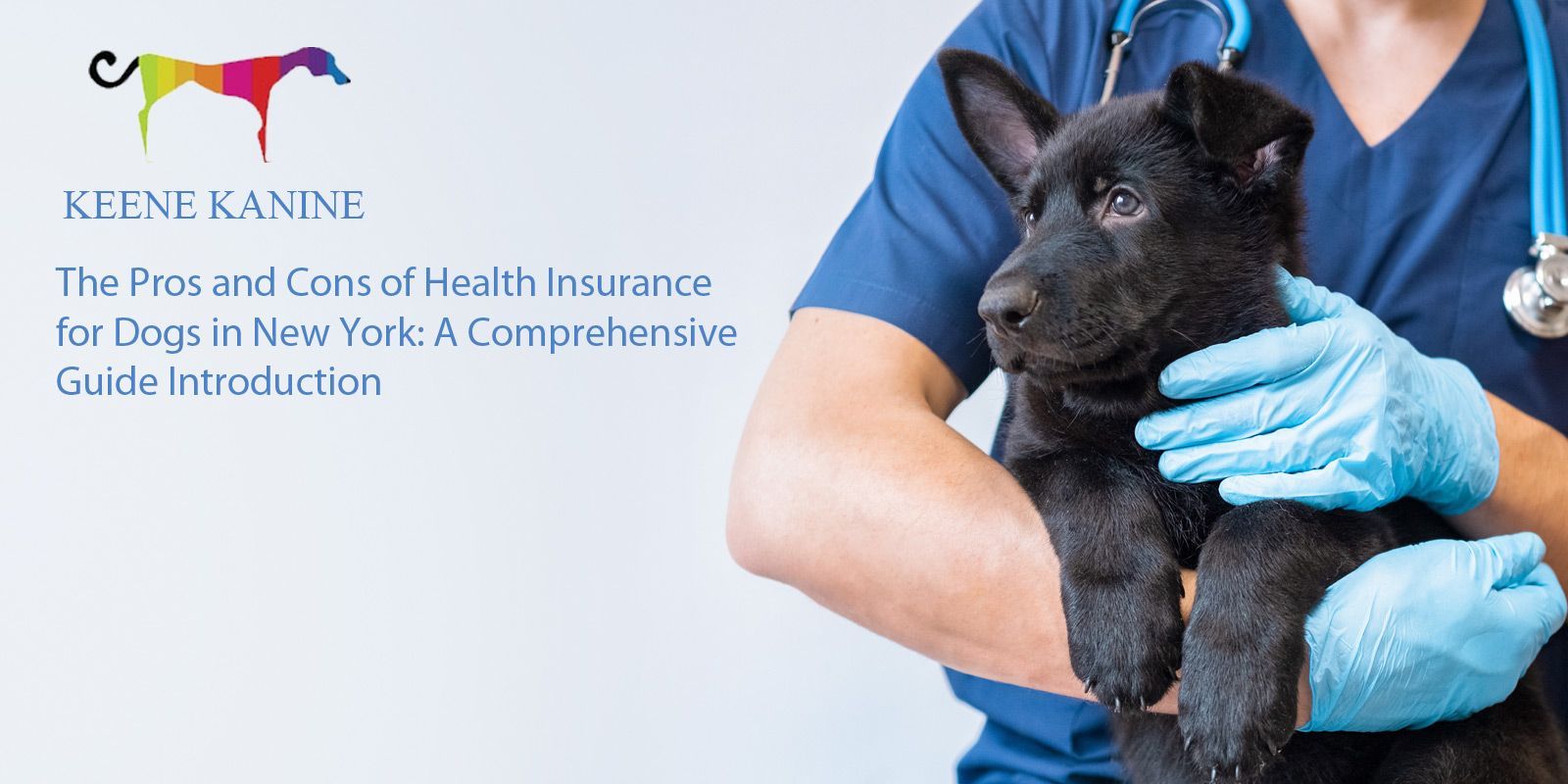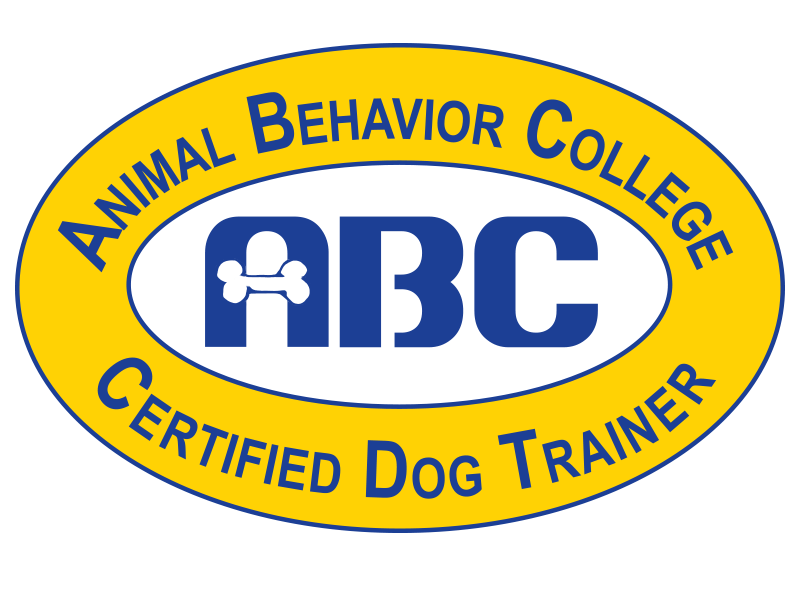Pros and Cons of Health Insurance for Dogs in New York: A Comprehensive Guide Introduction
Learn if purchasing health insurance for dog is right for you.

Owning a dog brings immense joy and responsibility. As a dog parent in New York, consider purchasing veterinary health insurance to provide comprehensive coverage for your furry friend. In this article, we will explore the advantages and disadvantages of getting vet health insurance for dogs in New York, including where to obtain it, the costs involved, coverage details, and other relevant factors to help you make an informed decision.
Where to Get Dog Health Insurance
New York provides several reputable companies that offer vet health insurance. Some popular options include:
- ASPCA Pet Health Insurance: Provides various plans to suit your dog's needs, offering coverage for accidents, illnesses, and routine care.
- Petplan Pet Insurance: Offers comprehensive coverage for accidents, illnesses, and hereditary conditions with various customizable plans.
- Embrace Pet Insurance: Provides comprehensive coverage, including accidents, illnesses, chronic conditions, and alternative therapies.
- Trupanion Pet Insurance: Offers coverage for unexpected accidents and illnesses, including surgeries, diagnostic tests, medications, and more.
Dog Insurance Cost Factors
The cost of vet health insurance for dogs can vary based on multiple factors such as breed, age, location, coverage limits, deductibles, and pre-existing conditions. You can expect to pay around $30 to $70 per month for basic coverage. However, more extensive coverage plans with higher deductibles and lower reimbursement rates may cost upwards of $100 or more monthly.
Advantages of Dog Health Insurance
- Financial Security: Vet bills can quickly escalate during emergencies, accidents, or illnesses. Insurance provides peace of mind by covering a significant portion of these expenses, reducing your financial burden.
- Prompt Access to Quality Care: With pet insurance, you can seek timely and necessary veterinary care without worrying too much about the cost, allowing your dog to receive prompt treatment and potentially saving their life.
- Coverage for Hereditary Conditions: Some policies cover hereditary conditions, which are prevalent in specific breeds. This coverage ensures that your furry friend receives the necessary treatments and care in the long run.
- Customizable Plans: Insurance companies often offer flexible plans that allow you to select coverage options to suit your dog's unique needs, including routine care, dental treatment, medications, and more.
Disadvantages of Dog Health Insurance
- Pre-existing Condition Exclusions: Most insurance providers do not cover pre-existing conditions, meaning any illness or condition your dog had prior to purchasing the insurance will not be covered.
- Deductibles and Waiting Periods: Like most insurance policies, there are deductibles to meet and waiting periods before certain types of coverage take effect. Depending on your policy, these periods can range from a few days to several months.
- Premium Costs: The monthly premiums can add up, especially for comprehensive coverage. Balancing the cost and coverage is crucial to ensure the premiums stay within the potential benefits.
- Claims and Reimbursement Process: Filing claims and waiting for reimbursement can be time-consuming and may require meticulous record-keeping. Understanding the process and timeliness of reimbursement is important when selecting a provider. Coverage Details: Vet health insurance typically covers a wide range of treatments and services.
What Does Health Insurance for Dogs Typically Cover?
- Accidents and Illnesses: This includes surgeries, hospitalization, prescription medications, specialist visits, diagnostic tests, and treatments for covered conditions.
- Preventive Care: Some policies may provide coverage for vaccinations, dental cleaning, routine exams, and preventive medications such as heartworm and flea preventives.
- Alternative Therapies: Certain insurance plans cover alternative therapies like acupuncture, chiropractic care, and physical rehabilitation if recommended by a licensed veterinarian.
- Emergency Care: Coverage often extends to include emergency veterinary services, including critical care, overnight stays, and emergency surgeries.
Summary
Obtaining vet health insurance for your dog in New York can be a valuable investment for their well-being and your financial security. While insurance provides numerous advantages, such as peace of mind and access to quality care, it's important to carefully consider the costs, coverage limitations, and potential exclusions before making a decision. Researching different providers, understanding policy details, and analyzing the specific needs of your dog will help you choose the most suitable plan to ensure their health and happiness for years to come.

Maureen Keene
Keene Kanine
Long Beach, NY 11561
(516) 633-5201
Business Hours
- Mon - Fri
- -
- Saturday
- -
- Sunday
- -
Copyright 2020 All Rights Reserved. Art Licensed by Shutterstock©







